Premium Only Content
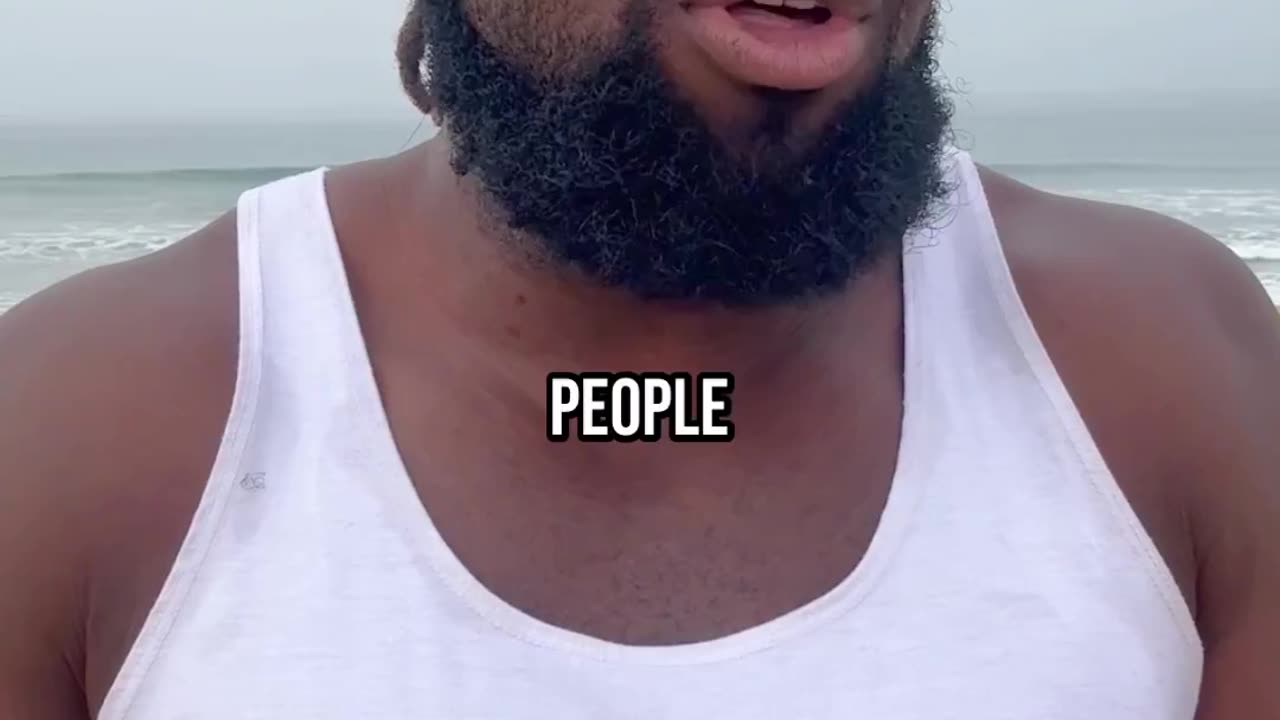
Hate Speech vs. Speech You Hate: The Truth About Charlie Kirk
Is this the guy you’re calling a racist?
“White people and Black people have different biological DNA.”
That claim was debunked by National Geographic just six months ago.
Racism isn’t rooted in biology—it’s a social construct created by society. The Oxford English Dictionary defines racism as prejudice based on race, or the belief that some races are inherently superior to others.
But if Charlie’s a racist, why is he arguing that race doesn’t even exist? If he’s supposedly a white supremacist, wouldn’t he need race to be real? He can’t be a “racial supremacist” while saying racial categories are fake.
And here’s the kicker: race has been used to justify oppressing Black people for centuries. So why is a Black student defending racial categories, while the so-called “white supremacist” is trying to dismantle them?
This isn’t new for Charlie—he’s been saying this for years. And guess what? He’s right.
Here’s the history of race:
• People always noticed skin color, but it mattered about as much as hair color.
• Slavery existed everywhere and was practiced by every skin color long before “race” was invented.
• In the 1600s and 1700s, European colonizers needed a justification for enslaving Africans. They invented racial hierarchy.
• The most influential framework came from Johann Blumenbach, a German doctor. He created the racial categories we still use today.
• Later, Georges Cuvier twisted Blumenbach’s categories, placing “white on top” and “black on the bottom.” Racists ran with it.
But here’s the twist: Blumenbach never intended to create a racial hierarchy. He was classifying human traits, like a botanist categorizing plants. He believed all people had identical intellectual potential. To him, differences came from environment and education, not biology—and those differences could disappear over time. He was a devout Christian who believed we were all made equal. Sound familiar?
Charlie Kirk consistently argued against racial categories, yet got called a racist. Yes, he talked about race—because it exists in our culture. But he wanted to move beyond it. To change the culture, you first have to speak its language—especially when society keeps race alive through things like affirmative action and DEI.
Most people never heard Charlie in long-form interviews. In those, he said:
“I hate this racialization stuff, but they force the race card. I don’t look at people in terms of skin color, but when they start categorizing me and the young men who show up to my events, it’s toxic—because they breathe, you force the race card.”
I used to think Charlie was just confrontational with college kids for clicks. But when I listened to his full interviews, I realized he was fighting for hearts and minds in the battleground of ideas—and he was winning. That’s why he was targeted.
The tragic irony is this: Charlie believed in race less than many of the people calling him racist.
We think we know someone from 60-second clips. We confuse news with entertainment and call ourselves informed. We judge strangers from echo chambers. That’s the real tragedy—not just that we lost Charlie, but that people can’t tell the difference between hate speech and speech they hate.
Words like “fascist” and “racist” have been so overused they’ve lost their meaning. And that breakdown in meaning is fueling a breakdown in society.
I have a full video essay coming soon on this topic—subscribe to my Substack so you don’t miss it. Link below.
http://thatskaizen.substack.com/
-
 0:12
0:12
Canadian Citizens Journal
2 days agoY’all got me fired! 😂😂😂
703 -
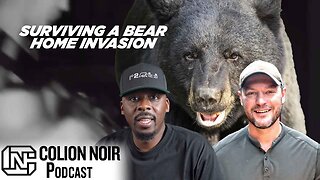 35:08
35:08
Colion Noir
11 hours agoA Bear, an AR-15, and a Home Invasion
30.3K7 -
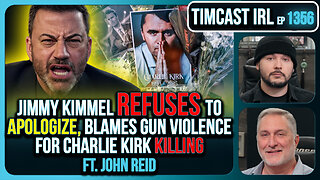 3:05:55
3:05:55
TimcastIRL
7 hours agoJimmy Kimmel Refuses To Apologize Over Charlie Kirk Comments, Blames Gun Violence | Timcast IRL
186K164 -
 2:44:24
2:44:24
Laura Loomer
10 hours agoEP144: Trump Cracks Down On Radical Left Terror Cells
47.7K22 -
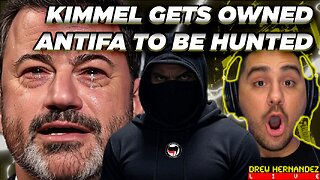 4:47:56
4:47:56
Drew Hernandez
12 hours agoLEFTISTS UNITE TO DEFEND KIMMEL & ANTIFA TO BE DESIGNATED TERRORISTS BY TRUMP
44.3K17 -
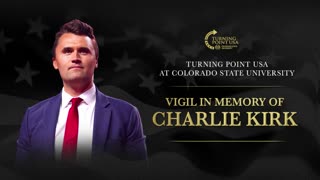 1:12:32
1:12:32
The Charlie Kirk Show
8 hours agoTPUSA AT CSU CANDLELIGHT VIGIL
94.2K61 -
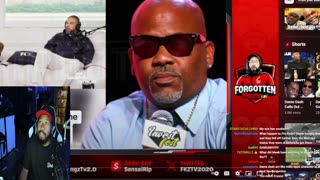 6:53:45
6:53:45
Akademiks
10 hours agoCardi B is Pregnant! WERE IS WHAM????? Charlie Kirk fallout. Bro did D4VID MURK A 16 YR OLD GIRL?
74.9K7 -
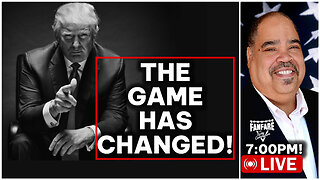 2:26:15
2:26:15
Barry Cunningham
8 hours agoPRESIDENT TRUMP HAS 2 INTERVIEWS | AND MORE PROOF THE GAME HAS CHANGED!
141K93 -
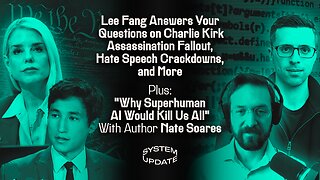 1:20:27
1:20:27
Glenn Greenwald
10 hours agoLee Fang Answers Your Questions on Charlie Kirk Assassination Fallout; Hate Speech Crackdowns, and More; Plus: "Why Superhuman AI Would Kill Us All" With Author Nate Soares | SYSTEM UPDATE #518
123K34 -
 1:03:06
1:03:06
BonginoReport
11 hours agoLyin’ Jimmy Kimmel Faces The Music - Nightly Scroll w/ Hayley Caronia (Ep.137)
172K64